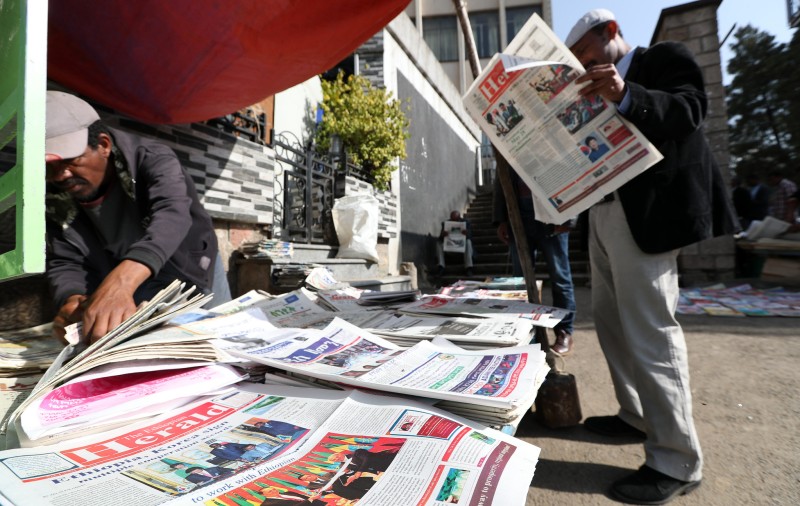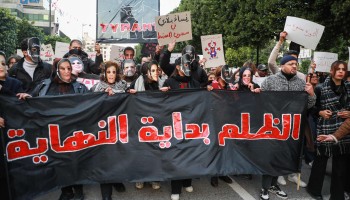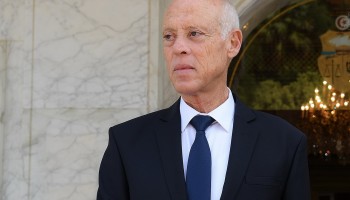Reported by
Ethiopian security forces have detained at least six journalists and media workers since early August, Human Rights Watch said in a report Monday, as press freedom groups warn of a shrinking space for independent reporting ahead of the country’s 2026 elections.
Early this month, police in Addis Ababa arrested three employees of the private station Sheger FM 102.1—Tigist Zerihun, Mintamir Tsegaw and Eshete Assefa—days after the outlet aired a report on health care workers. The Ethiopian Media Authority accused the segment of bias and incitement and ordered it removed on August 30. Although the station complied, the arrests went ahead.
Eshete was released the same day, but Tigist and Mintamir remain in custody at the Federal Police Crime Investigation Bureau. Courts granted them bail on September 17, but police have appealed.
Earlier, on August 13, masked gunmen abducted Yonas Amare, a senior editor at the privately owned newspaper The Reporter, from his home near the capital. Witnesses said the men confiscated phones and forced neighbors indoors before taking him. Both local and federal police denied holding him. Yonas reappeared on August 22 after eight days in custody.
Other cases include Khadar Mohamed Ismail of Somali Regional Television, held detained since August 5 after posting criticism of the regional government; radio host Abdulsemed Mohammed, held incommunicado for 11 days in August; and journalist Tesfalem Woldeyes of Ethiopia Insider, briefly detained in June on allegations of spreading false information.
The arrests come amid changes to the country’s 2021 media law, amended in April to shift oversight powers to the media authority’s director general, who is appointed directly by the prime minister, and to remove civil society input from the regulatory board. Rights groups say the amendments have increased political interference.
Prime Minister Abiy Ahmed has also questioned the idea of independent journalism. In June, he told state media that outlets prioritize their own interests over the nation’s. Authorities have additionally used broad hate speech and disinformation laws to pursue cases against reporters.
In April 2025, the Committee to Protect Journalists urged Ethiopian authorities to drop terrorism charges against at least seven reporters from the Ethiopian Broadcasting Service, calling their prosecution over a documentary—based on the account of a rape victim later found to have lied—a “disproportionate attack on press freedom.”






